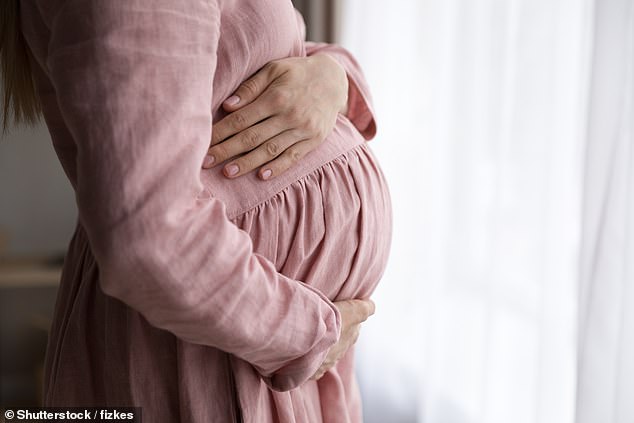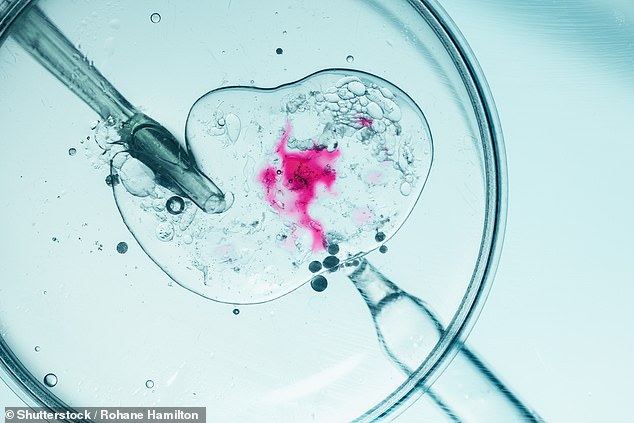Couples using IVF to have a baby may be more successful during the summer, research suggests.
A study involving 1,100 women undergoing fertility treatment suggests a pregnancy may be up to twice as likely when the weather is sunnier and warmer.
Even in spring, the pregnancy rate was 75 per cent higher than during the colder months, scientists found.
They suggest that higher levels of vitamin D – the so-called ‘sunshine vitamin’ – may improve hormonal balance and boost fertility naturally.
The pregnancy rate particularly soared when the weather outside was a balmy 26 to 30 Celsius, which suggested patients having IVF ‘may benefit from treatments conducted in this temperature range’, the researchers said.
They suggest fertility clinics could use their results to schedule more patients for treatment during the spring and summer – which they say would help boost success rates.
‘Our findings suggest that season and temperature play a significant role in influencing the success rates of clinical pregnancies, and suggest that summer treatment may optimise IVF outcomes,’ the team wrote in the International Journal of Biometeorology.
The study was conducted on patients attending a fertility clinic at the Reproductive Hospital of Guangxi in China between June 2021 and October 2023.

Couples using IVF to have a baby may be more successful during the summer, research suggests (stock image)

A study involving 1,100 women undergoing fertility treatment suggests a pregnancy may be up to twice as likely when the weather is sunnier and warmer (stock image)

Even in spring, the pregnancy rate was 75 per cent higher than during the colder months, scientists found (stock image)
All were having IVF for the first time, and using fresh – rather than frozen – embryos. Those having treatment in the spring were 75 per cent more likely to get pregnant, and those in the summer were 53 per cent more likely to be successful.
However, among those women having IVF using a process known as the ‘long protocol’ – which is standard in the UK and involves using drugs to suppress natural hormone production before stimulating the ovaries to produce more eggs – the pregnancy rate was twice as high during the summer months.
Similar findings have also been reported in other studies. The researchers, from the hospital, said it was not clear why there appeared to be such a marked difference but suggested vitamin D levels could be a factor.
The vitamin is naturally produced in the body in response to sunlight and the NHS recommends everyone in the UK takes a vitamin D supplement during the winter months.
A deficiency of vitamin D is linked to a range of chronic conditions such as osteoporosis, multiple sclerosis and heart disease.
The researchers said that while the impacts of season and temperature on pregnancy were ‘not fully understood’, more research was needed to clarify the role of vitamin D on pregnancy outcomes.












